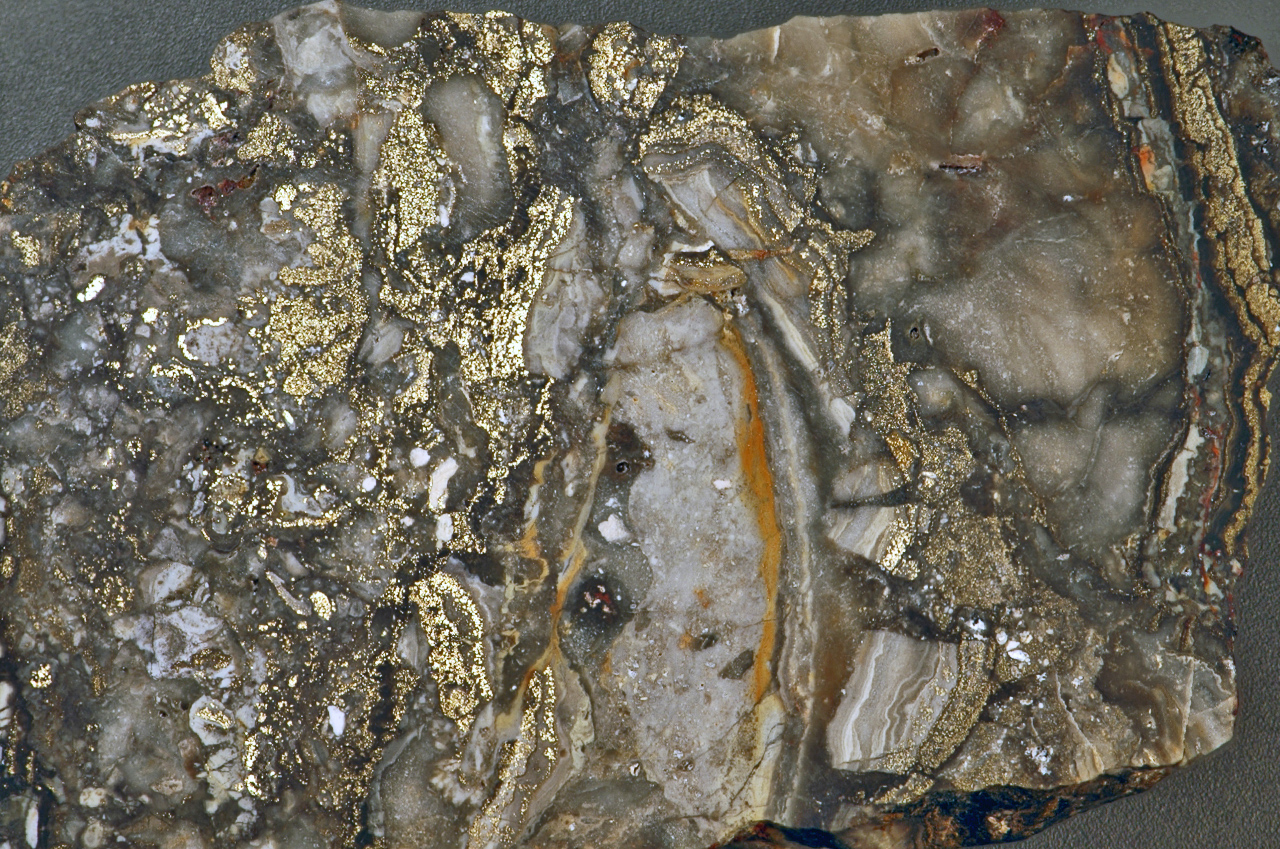

Geophysicist Minerals & Ore
Deposits
Deposits

Bronwyn
Job title: Geophysicist (South Africa)
What are your qualifications?
A levels: Physics, Chemistry, Biology, Environmental Science, Maths, EnglishBSc Hons in Geophysics from the University of Tasmania
What exactly does a geophysicist do?
A geophysicist provides a link between physics and geology. You use the physical properties of the Earth to make geological interpretations. One of the main advantages of geophysics is that data is regularly sampled providing a means of interpretation when geology is inaccessible. The job role involves selecting techniques, planning, acquiring, reviewing and interpreting data.Apart from formal qualifications, what other skills or characteristics do you need?
You need a basic desire to analyse and solve problems; organisational skills and an attention to detail is also required as ensuring that work is done in a timely fashion - and to a high quality - is critical. You also need to be able to interact easily with people of different levels of experience and backgrounds because the teams you will work with are very diverse. A lot of the required work takes place in remote places and much is outdoors - so an interest in the natural environment, travel and activities like hiking, helps.What sort of organisation do you work for? Who else employs geophysicists?
I work for a mining company; other types of organisations that employ geophysicists include petroleum companies, environmental and government research centres.If this wasn’t your first job after your studies, what did you do in between?
I have been able to work as a geophysicist since graduation. The first job I had was as an exploration geophysicist and the second (and current) role is as a mining geophysicist.
Do you travel within the UK or overseas very much?
I was initially based in Australia and most of my experience has been there. I was also given the opportunity to work on specific projects in Canada, India and China. I am currently based in South Africa and now most of my work is in this country although I still have involvement with some projects in Australia.Do you work a regular length day/week or are shifts involved?
The first five years of working contained a high proportion of shift work which was commonly 21 days in the field followed by 7 days' leave. Work visits to overseas destinations were scheduled for as long as the work required – generally between one and three months. My current role in South Africa is predominantly a regular length day / week cycle, with some extra requirements when travelling.What do you enjoy about your job?
Interpreting data; taking geophysical information and integrating it with other datasets to produce a product that will either solve a problem or contribute to a larger goal of a multidisciplinary team. I have also enjoyed the opportunities for travel and interaction with people of different cultures in a "non-tourist" capacity.What advice or information do you wish you’d had before starting this career?
The role of a geophysicist working in an industry environment is very different from the student experience. Your focus is not completely technical; it also includes aspects of people, contract and logistical management. During the acquisition of a large survey these aspects will be just as important as your knowledge of the technique.What position would you like to hold in five years' time?
A broader role that involves strategies for the use of geophysics to ensure that the most appropriate technology is being implemented for a specific goal.Background Image: High-grade gold ore from Slumbering Hills, Nevada. Credit: James St. John, Wikimedia